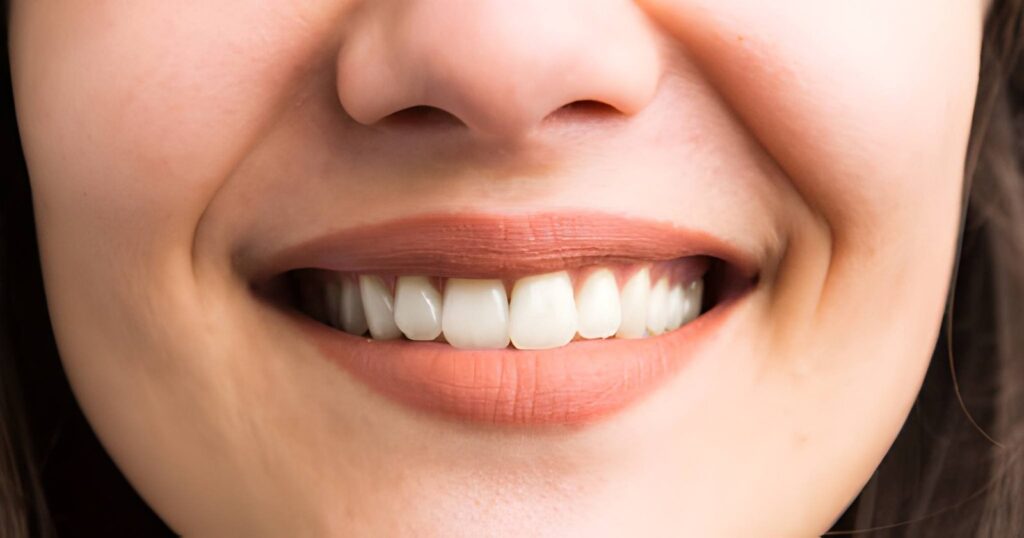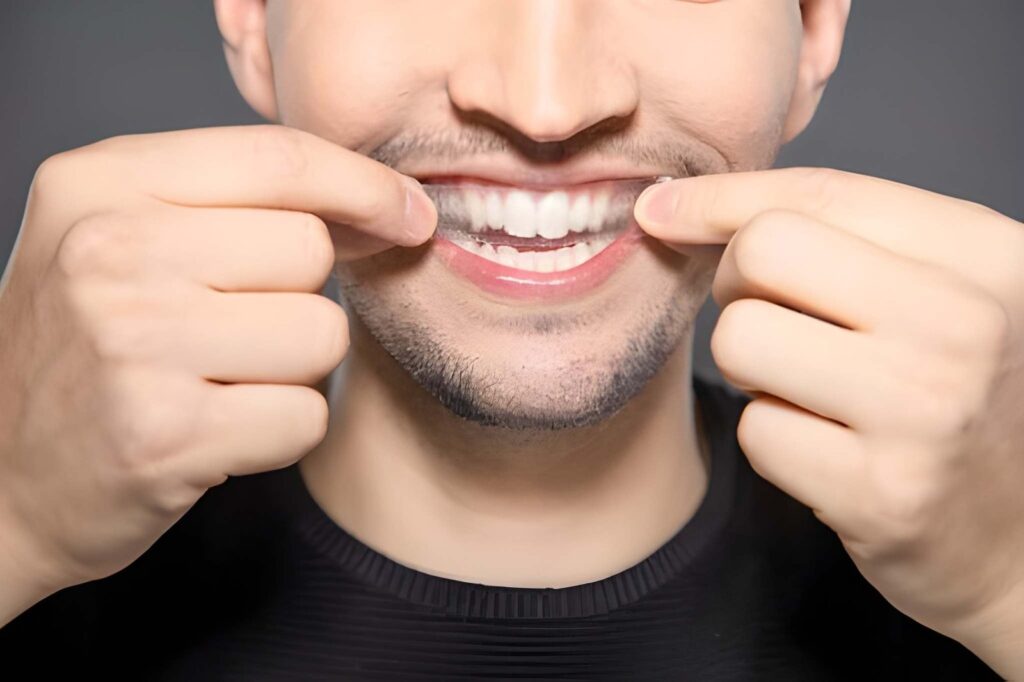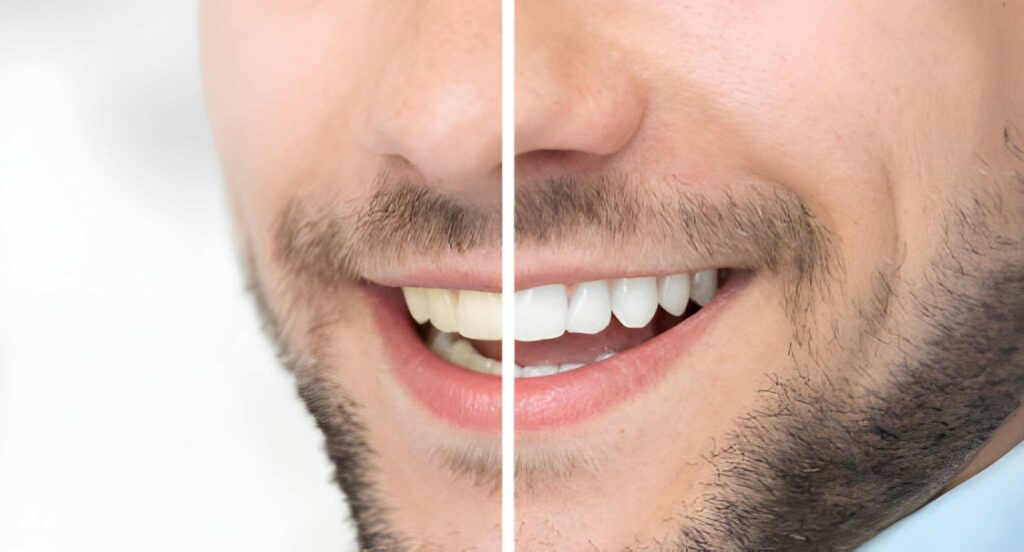Dental implants are a popular and effective solution for replacing missing teeth. They restore your smile and provide a strong, durable option that feels and functions like natural teeth. However, if you’ve heard about gum recession, you might wonder, “Can you lose your gums around dental implants?” The answer is yes, but it’s a situation that can often be managed with the right care and attention. In this article, we’ll explore what causes gum recession, how it affects dental implants, and what you can do to protect your gums and implants.
Can NHS Pay for My Dental Implants?
Understanding Gum Health
Your gums are an essential part of your oral health. They support your teeth and best dental implants in Aberdeen, creating a seal that keeps food and bacteria from reaching the roots and the jawbone. Healthy gums are usually firm and pink, and they help hold your teeth securely in place. However, when your gums start to recede, they pull away from the teeth, exposing more of the tooth or even the implant. This can lead to discomfort, sensitivity, and a higher risk of infection.
What Causes Gum Recession?
Gum recession can occur for several reasons. Understanding these causes can help you take steps to prevent it from happening around your dental implants.
- Periodontal Disease: The most common cause of gum recession is periodontal (gum) disease. This infection occurs when plaque—a sticky film of bacteria—builds up on your teeth and isn’t removed by brushing and flossing. If left untreated, it can cause the gums to pull away from the teeth and even damage the supporting bone.
- Poor Oral Hygiene: Not brushing or flossing regularly can lead to plaque build-up, which contributes to gum disease and gum recession. On the other hand, brushing too aggressively can also damage the gum tissue, causing it to wear away over time.
- Tobacco Use: Smoking or chewing tobacco can harm your gums and increase the risk of gum disease, which can lead to gum recession.
- Teeth Grinding (Bruxism): Grinding or clenching your teeth can put extra pressure on your gums, leading to recession. If you grind your teeth, you might need to wear a mouthguard to protect your gums and implants.
- Hormonal Changes: Hormonal fluctuations, especially in women, can make gums more sensitive and prone to recession.
How Many Teeth Can One Implant Replace?
How Gum Recession Affects Dental Implants
Dental implants require a strong foundation of healthy bone and gum tissue to be successful. When gums recede around an implant, it can expose the metal part of the implant, which not only affects the appearance of your smile but also increases the risk of implant failure.
- Exposure of Implant: Receding gums can reveal the metal post of the implant. This not only looks unsightly but can also lead to further complications if not addressed promptly.
- Increased Sensitivity: Exposed implant posts can cause sensitivity and discomfort, making eating and drinking unpleasant.
- Risk of Infection: Gaps between the gums and the implant can trap food and bacteria, leading to infections that could compromise the stability of the implant.
How Much Are All-on-4 Dental Implants in the UK?
Preventing Gum Recession Around Dental Implants
Prevention is always better than cure. Taking steps to maintain healthy gums can help you avoid the complications associated with gum recession.
- Maintain Good Oral Hygiene: Brush your teeth gently twice a day with a soft-bristle toothbrush and fluoride toothpaste. Floss daily to remove plaque from between your teeth and around the implant. Using an antibacterial mouthwash can also help reduce bacteria that cause gum disease.
- Quit Smoking: If you smoke, quitting is one of the best things you can do for your oral health. Tobacco use increases your risk of gum disease and can lead to gum recession.
- Manage Teeth Grinding: If you grind your teeth, speak to your dentist about getting a mouthguard. This can protect your gums and teeth from the pressure that causes them to recede.
- Regular Dental Check-ups: Visit your dentist regularly for check-ups and professional cleanings. Your dentist can spot early signs of gum recession and treat them before they become a bigger problem.
How Long Do Dental Implants Last?
Treating Gum Recession
If you already have gum recession, several treatment options can help restore your gum health and protect your dental implants.
- Scaling and Root Planing: This deep cleaning procedure removes plaque and tartar from above and below the gum line. It helps reduce inflammation and allows the gums to reattach to the teeth.
- Gum Grafts: In more severe cases, a gum graft may be needed. This procedure involves taking tissue from another part of your mouth and attaching it to the affected area to cover the exposed implant and strengthen the gum tissue.
- Medications: In cases of gum disease, your dentist may prescribe antimicrobial mouth rinses or antibiotics to treat the infection and prevent further recession.
Conclusion
Gum recession around dental implants is a concern, but with proper care and regular dental visits, it’s a manageable issue. By understanding the causes and taking preventive measures, you can protect your gums and ensure the long-term success of your dental implants. Remember, healthy gums are key to a healthy smile, and taking care of them will keep your implants secure and your smile bright.
If you’re worried about gum recession around your dental implants, don’t wait—seek advice from your dentist today. They can assess your gum health and provide personalised recommendations to keep your gums and implants in top condition.
Schedule Your Consultation Today!
Protect Your Smile with Holburn Dental and Implant Centre
At Holburn Dental and Implant Centre, we understand the importance of healthy gums in maintaining your beautiful smile and the longevity of your dental implants. If you’re concerned about gum recession or want to ensure your implants stay in top condition, our expert team is here to help. We offer personalised care and advanced treatments to keep your gums healthy and your implants secure. Don’t wait until it’s too late—schedule a consultation with us today and take the first step towards a healthier, brighter smile. Your smile deserves the best care, and at Holburn Dental and Implant Centre, we’re committed to providing it.




